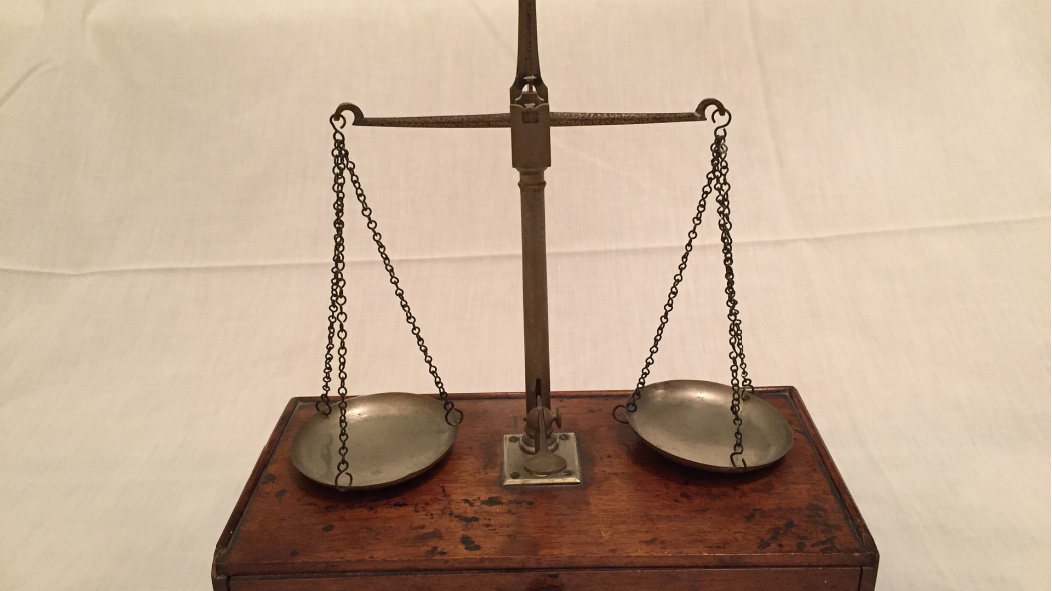I get asked this question so often. People feel they don’t know their own value and therefore don’t know how to value their work. But what does it mean to value yourself? What value could possibly be put on you and your life?
I find the question meaningless. I understand why we look to know our value but I’ve never found it helpful. Here are the three things I work with to sort out the value question.
Your true value
I asked a mother this morning if her son is more valuable than her. She wanted to say yes, but she knew deep inside that it would make no sense. How can one human being be more valuable than another?
It is, of course, what happens at a subtle level in many families. The older you become the more sacrifices you’re expected to make for others and the more you’re supposed to value others over yourself. It leads to a messed up value system.
In my view each human being is intrinsically and absolutely valuable. This has nothing to do with what you’ve achieved, how old you are or what your status is. It has to do with the fact that you’re a part of life. Every part of life is valuable in and of itself. Each one of us has our own part to play in life and it’s not important who you are, just that you exist.
For me, that’s the basic value you have and each one of us has, regardless of anything else. You can never take this value away or lose it or reduce it. It is absolute and unchanging.
How you create value
In the relative world in which we live on a day to day basis we also create and measure value, through money and other means. This is a different kind of value and may relate to your achievements, status, age and other external factors.
The key here is that you can’t create value on your own. Your work doesn’t have its own price that stands independent of a buyer.
Many people get confused about the value question because they’re trying to work out their monetary value without any customer in mind. This makes no sense. The same service might have no value at all for a homeless person, a rather modest value for someone with a limited income and huge value for someone with a high income. Equally a product only has value for a person who actually wants that product. A Rolls Royce probably has less value to a small child than a teddy bear.
So value in the material world is worked out between two or more parties. The more you understand about the values of the other party and your own, the easier it is to have the value conversation.
How your self value affects the value you create
There’s an interesting thing that happens because we’ve got so confused about value. Most people have a sense of their own value. We say “She really values herself,” or “He doesn’t value himself highly.” Although this is a meaningless thing to think, as it has no real measure, it’s pretty prevalent in our culture.
The conversation about value always starts because someone says to me, “I don’t know how to value myself. I can’t see the value I bring to others. I don’t know what I’m worth.” Beneath those words lies a low sense of self value or self worth.
The problem about this is that it affects the way you create value with another party in several ways.
- If you’re a seller who doesn’t value yourself you tend to reduce your price even if the other person is willing to pay more.
- If you’re a buyer who doesn’t value yourself you tend not to buy what you want, or buy less than you want, because you feel you don’t deserve it.
- Also if you’re a buyer who doesn’t value yourself you may pay too high a price because you’re not confident to negotiate a fair price.
This means that this misunderstanding about value has a huge impact on your financial and business life and ultimately the economy.
Can you imagine what it would be like if we all understood that each human being is intrinsically and absolutely valuable? And as a result the negotiation of prices is separate from your sense of self worth and becomes a game of creating value between two parties, simply because it must be done for an exchange to take place.
If you think it out a little you’ll see that it’s a very different world.
Image by Richard Montgomery from Pixabay


